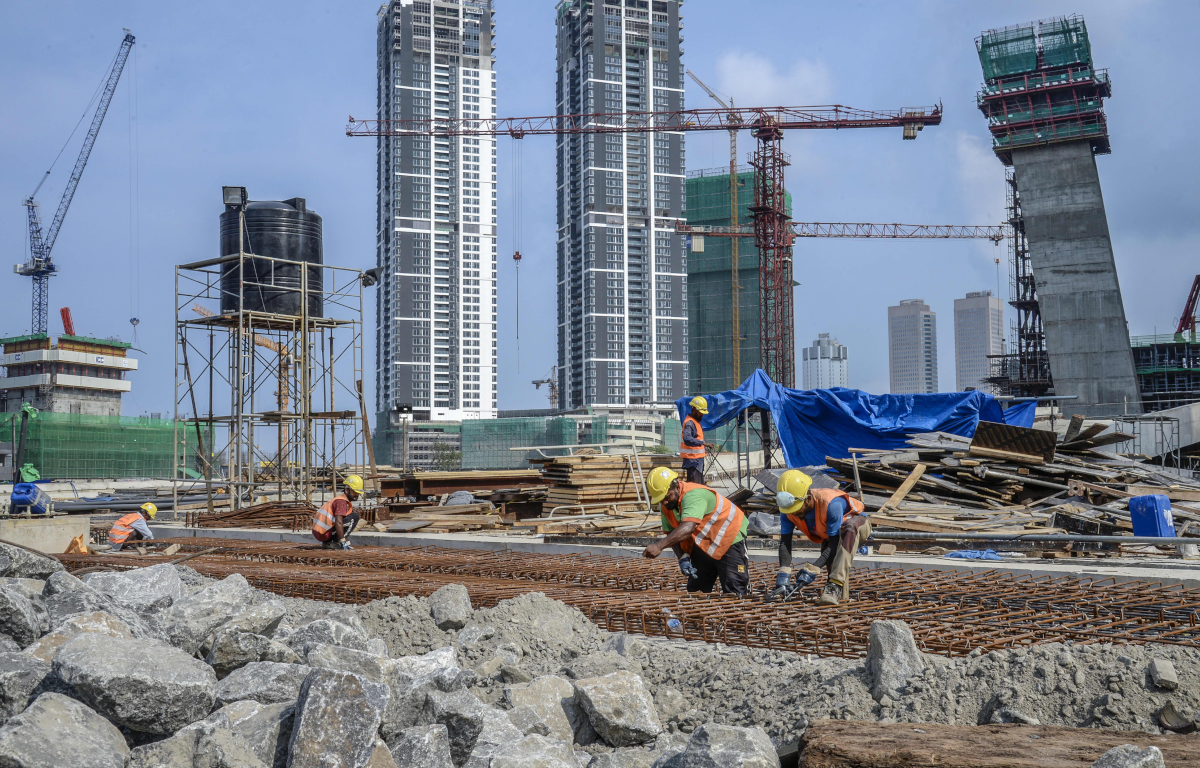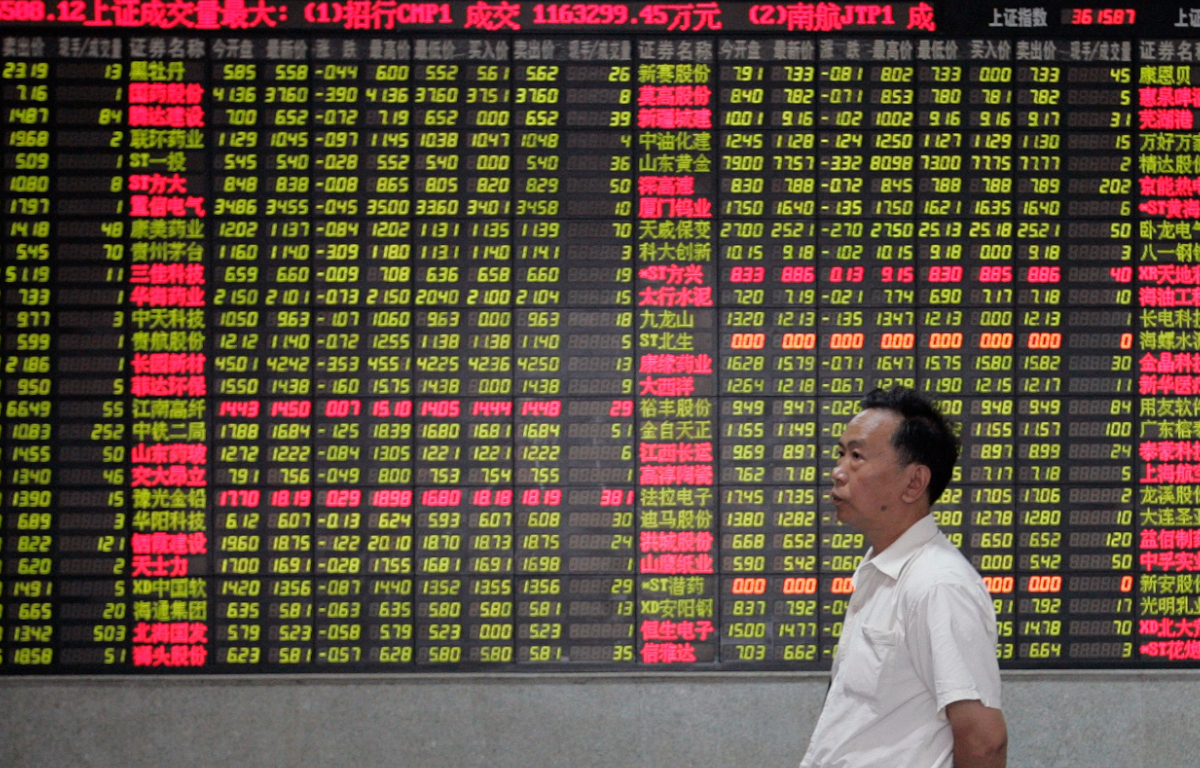
One of the most prominent issues facing China’s economy is the deceleration of economic growth. Historically, China has enjoyed double-digit growth rates, but these have gradually slowed down in recent years. The country’s shift towards a more consumption-driven economy, reduced global demand for its exports, and the diminishing returns on investments have all contributed to this slowdown.
China’s rapid economic expansion was partly fueled by a surge in borrowing, both by the government and state-owned enterprises. This has resulted in an alarming increase in debt levels. High levels of corporate and local government debt, coupled with the shadow banking system, pose significant risks to the economy. Managing and servicing this debt while maintaining economic stability is a formidable challenge.
China’s aging population is another factor that is causing concern. The one-child policy, which was in place for decades, has led to a shrinking workforce and an increasingly elderly population. This demographic shift places pressure on the social welfare system and may hinder economic growth in the long run.
Ongoing trade tensions between China and the United States, as well as with other nations, have had adverse effects on China’s economy. Tariffs and trade restrictions have disrupted global supply chains and hampered China’s exports. These tensions also highlight China’s vulnerability to external economic pressures.
China’s property market, which has been a significant driver of growth, is showing signs of overheating. Skyrocketing property prices in major cities have raised concerns about a property bubble. Stricter regulations to curb speculation and excessive borrowing in the real estate market have been introduced, but these measures carry the risk of negatively impacting the construction industry and related sectors.
Environmental degradation and pollution continue to be significant problems in China. The government’s efforts to address these issues, including transitioning to cleaner energy sources and reducing pollution, can have short-term economic costs and affect certain industries.
China’s ambitions on the global stage have led to increased geopolitical tensions. Issues like territorial disputes, human rights concerns, and international relations can impact trade relationships and foreign investments, potentially leading to economic repercussions.
While China’s economy has been a marvel of rapid growth and development, it now faces a complex web of challenges. Slowing growth, mounting debt, demographic shifts, trade tensions, property market concerns, environmental issues, and geopolitical risks are all contributing to the current troubles. China’s leaders recognize the need for reforms to address these issues and transition to a more sustainable economic model.










Share this: